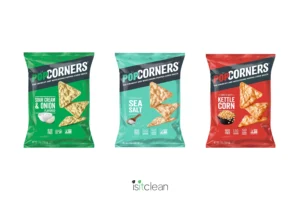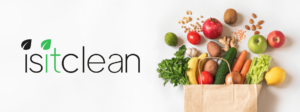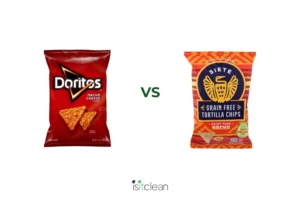
Acesulfame potassium is a zero-calorie sweetener that is added to many sugar-free…



Tartaric acid, a natural organic acid found in many fruits such as grapes, is used in the food industry for its acidic properties and ability to enhance flavors. It’s typically produced as a byproduct of winemaking, where it crystallizes in wine casks and fermentation vessels as potassium bitartrate, commonly known as cream of tartar. The production of tartaric acid involves isolating and purifying these crystals through processes like filtration and recrystallization. Alternatively, it can be synthesized industrially from maleic anhydride, derived from petrochemical sources, through a series of chemical reactions. Tartaric acid serves as an acidulant, stabilizer, and flavor enhancer in various food products, including beverages, confectionery, and baked goods, contributing to tartness, texture, and preservation.

Tartaric acid appears to have antihypertensive effects and may beneficially modulate intestinal function. Tartaric acid can be produced naturally or synthetically, and contacting the food manufacturer may be the only way of determining its origin. If it’s produced synthetically, maleic anhydride derived from petrochemical sources is used. Petrochemicals are a source of environmental polution and various health risks are associated with working in or living near the petrochemical industry. While tartaric acid may cause acute kidney injury in dogs, it does not have this affect in humans when consumed in normal amounts. In excessive amounts, there have been cases of poisoning and kidney injury.
Health is like a bank account, certain ingredients make a deposit into your health bank, meaning they add to
your health. Certain ingredients withdraw from your health bank. We want health promoting ingredients in our diet. To keep things simple, we rate ingredients on a green, yellow, red scale:

It is naturally occurring in food and has no harmful effects on the body. It is real food. It is health promoting.

It goes into one or more of the below categories

It is known to have a harmful effect on the body (ex. All food colorings, Natural Flavors, MSG, Potassium bromate, aspartame, artificial flavors)



The Food Showdown: Popcorners flavors
Ingredient Rating: Canola oil – is it bad for you?
Clean Consuming: Nourishment for your

We have accomplished so much in just 1 year since our launch in March of 2023! We now have 10,000

The Nacho Chip Food Showdown, is Tapioca Starch safe in food? and a must-see documentary on America’s food system.
Stay in the know with the latest ratings, articles, and our newsletter, The Dirt.